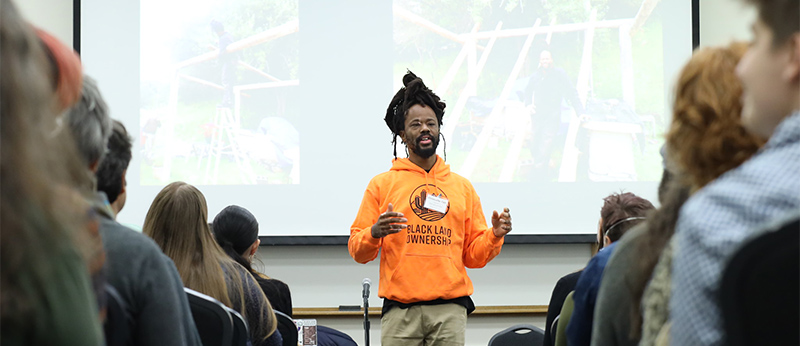Every year, we survey attendees about their experience and integrate their suggestions into our event design so that we continue to deliver an event that serves you. Information about presentation formats and topic areas of focus is described below. If you have any questions, please don’t hesitate to contact Katie Blake at kblake@highstead.net.
The deadline to apply is May 31, 2024
Presenters will be notified by mid-June about the status of proposals

Session Formats:
Workshop—2.5 hours: These are engaging workshops that are highly interactive. Time is spent building and practicing skills or developing individual/organizational work plans, for example. These may also require communication with attendees before the event to provide instruction or pre-work to prepare for the workshop. Please specify in the RFP form if your workshop has a maximum number of attendees or if tables are needed in your room setup.
Workshop/Presentation—90 min: These are interactive presentations or panel discussions that involve a lot of audience engagement. The recommendation is to limit presenters to 4 speakers and reserve 30 minutes for facilitated discussion or Q&A from the audience.
Presentation—75 min: These are presentations or smaller-format panels with a suggested maximum of three presenters. They include 50 minutes of presenting and 25 minutes of facilitated discussion or Q&A from the audience.
Presentation—60 min: These are short, informational presentations that aim to relay foundational information such as details of new research or best practice and include about 45 minutes of content and 15 minutes for Q&A from the audience. These could also include other short format presentations, such as lightning talk type presentations where up to 4 speakers present short 3-5 minute talks with ample time for facilitated audience questions or discussion.
Areas of focus:
To continue embracing the interconnected nature of conservation, we ask that presenters integrate cross-cutting themes into their presentations and workshops. These are based on the event theme this year: Collaborating for Healthier Communities. Presenters must incorporate one or more conservation areas AND cross-cutting themes into their proposals.
Conservation Areas
- Biodiversity Conservation
- Collaborative Land Conservation Projects (includes land protection, restoration & stewardship)
- Fundraising and/or Conservation Finance
- Landowner and/or Municipal Engagement and Outreach
- Partnership/Network Engagement
- RCP Partner/Conservation Professional Capacity Building
Cross-cutting/Integrated themes
- Public Health and/or Community Well-being
- Climate Resilience
- Diversity, Equity, and Inclusion
- Land and/or Climate Justice
- Integrated Land Use